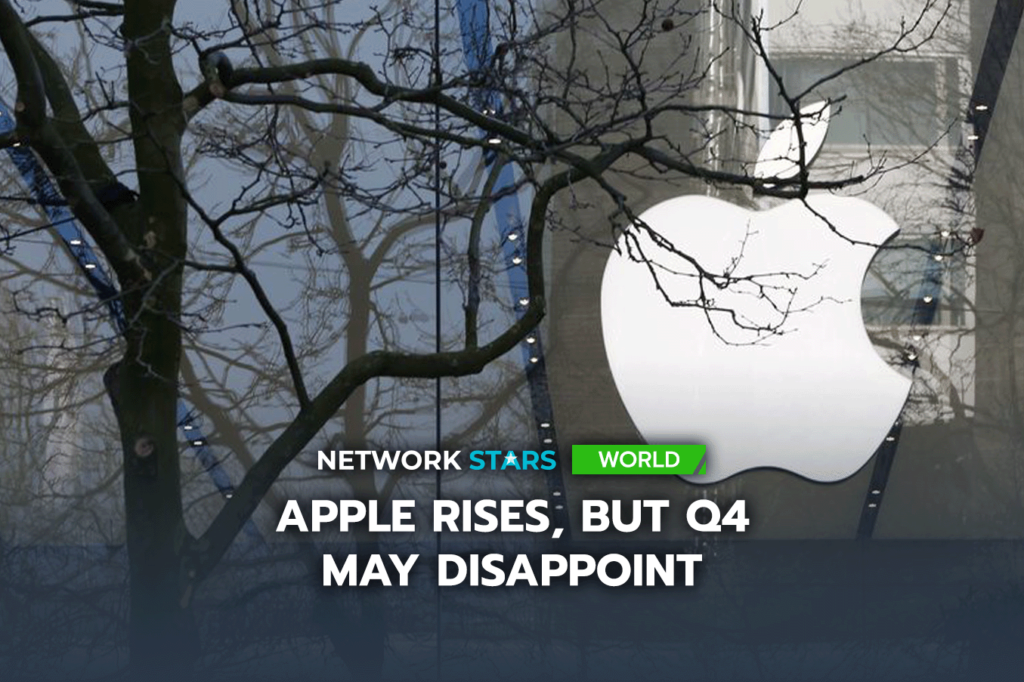The recent rally in Apple’s stock price has incorporated optimism around regulatory relief and future AI products, but Jefferies analysts warned that fourth-quarter results may not meet expectations.
In a research note, Jefferies noted that Apple shares have risen 18% in the last three months, driven by “tariff relief, U.S. antitrust measures, and the AI-powered Siri service in 2026.”
However, the firm emphasized that its “fundamental concerns remain unchanged: a saturated smartphone market, a lack of technological innovation, and rising BOM costs for AI, but with uncertain demand.”
Jefferies was pessimistic about Apple’s upcoming flagship, writing, “We remain unenthusiastic about the iPhone 17 despite a positive survey of U.S. consumers.”
The firm warned that “anticipated demand in Q3 of fiscal year 2025 could lead to lower-than-expected results in Q4 of fiscal year 2025,” with its revenue and EBIT estimates 5% and 7% below consensus.
Analysts highlighted three developments that are shaping confidence. First, the U.S. District Court’s remedy decision in the Google antitrust case means that “GOOG could continue to pay AAPL for the latter to use its search engine, but it cannot be exclusive.”
Jefferies warned that Apple’s $20 billion annual revenue stream “could be lower” under the new agreement, with compensatory contributions from rivals such as Bing uncertain.
Second, Apple is poised to launch an AI-powered Siri service in 2026, based on a customized version of Google’s Gemini language model.
Jefferies noted that this suggests Apple “is not reinventing the wheel,” but questioned whether the company has enough app data to make its own smaller model effective.
Finally, although surveys show strong intent to upgrade to the iPhone 17 in the US, Jefferies said Apple remains “unattractive” with “a PE of 30x for fiscal year 2026 versus a CAGR of 15%.”
Source: Investing.com

